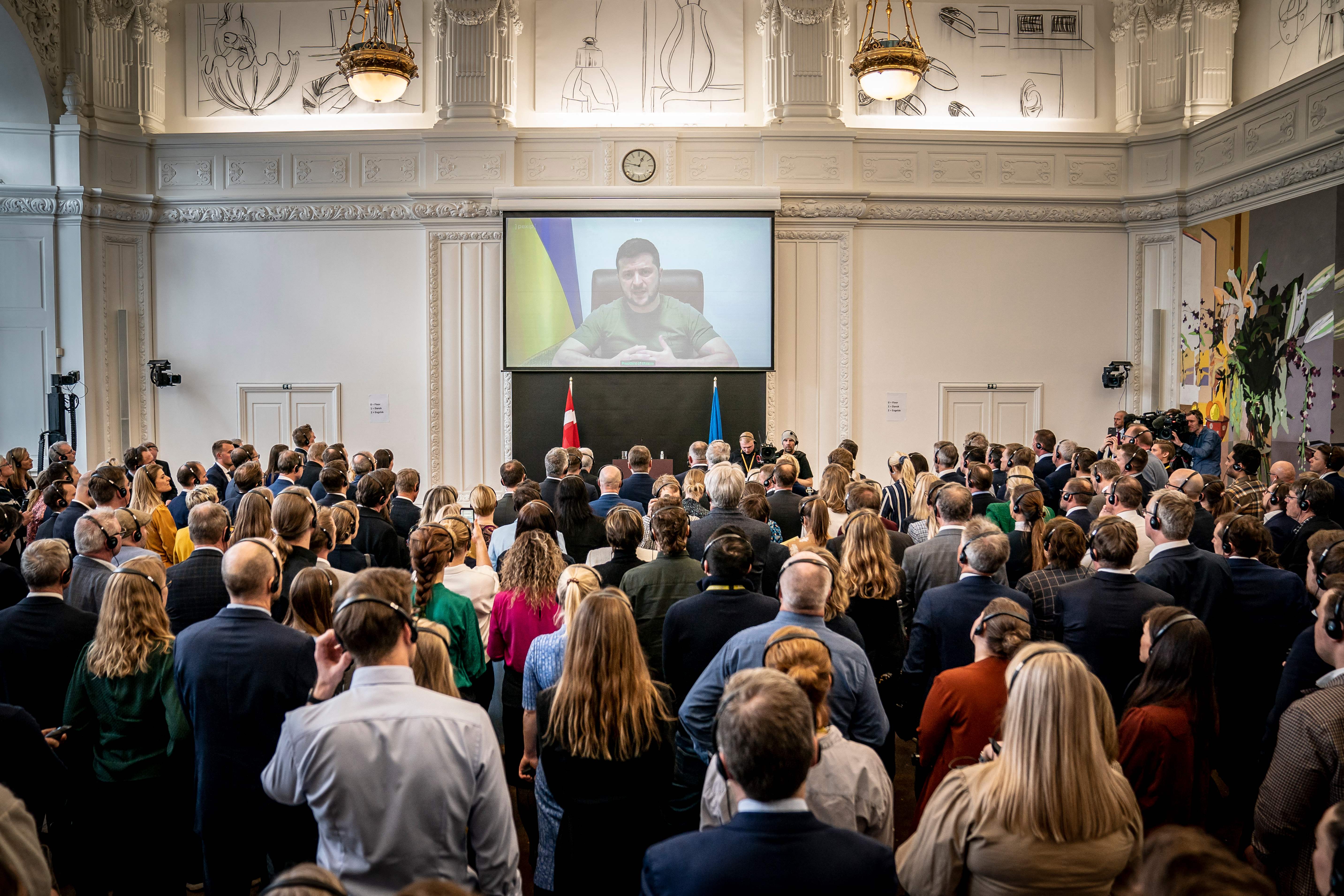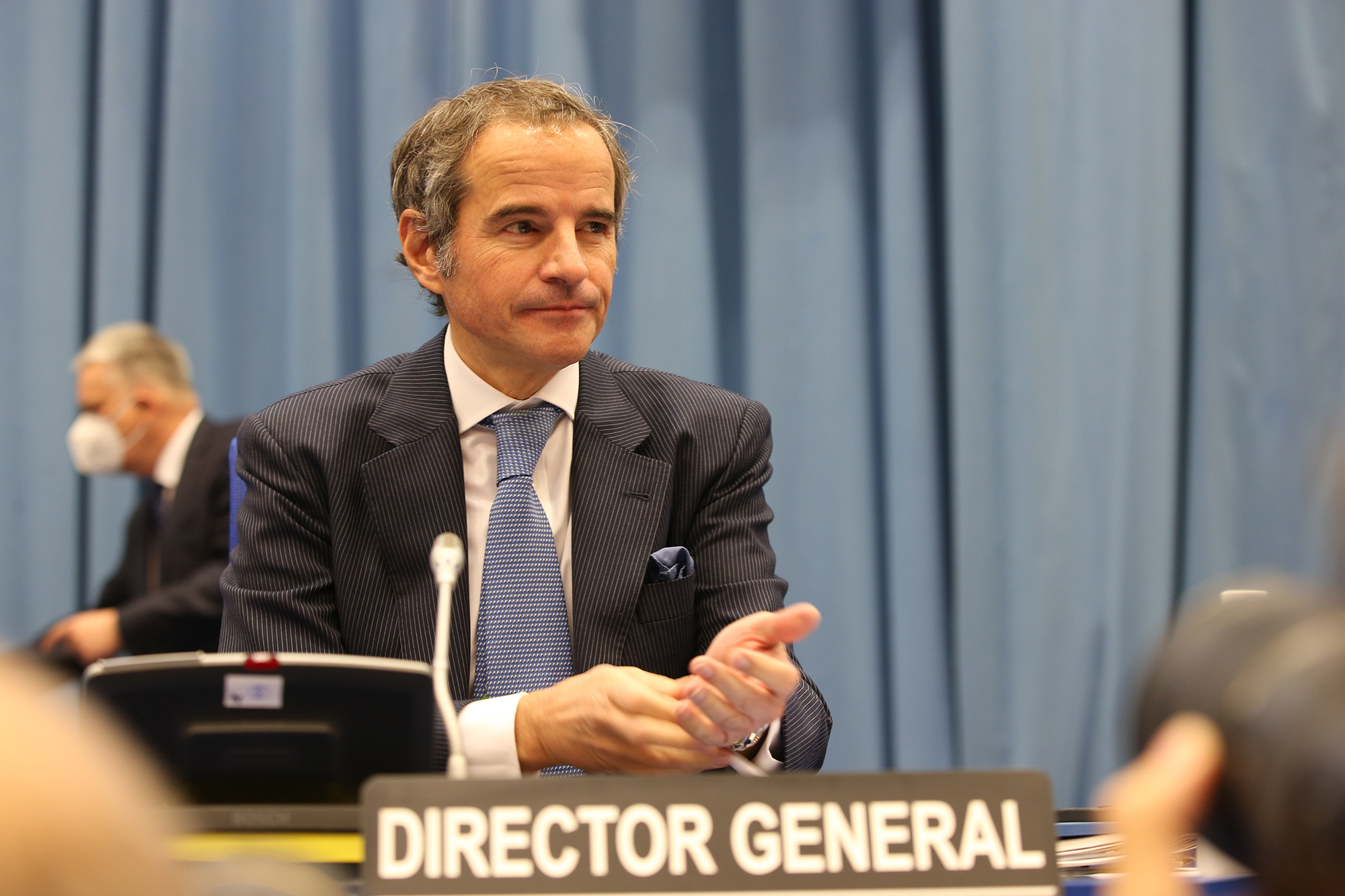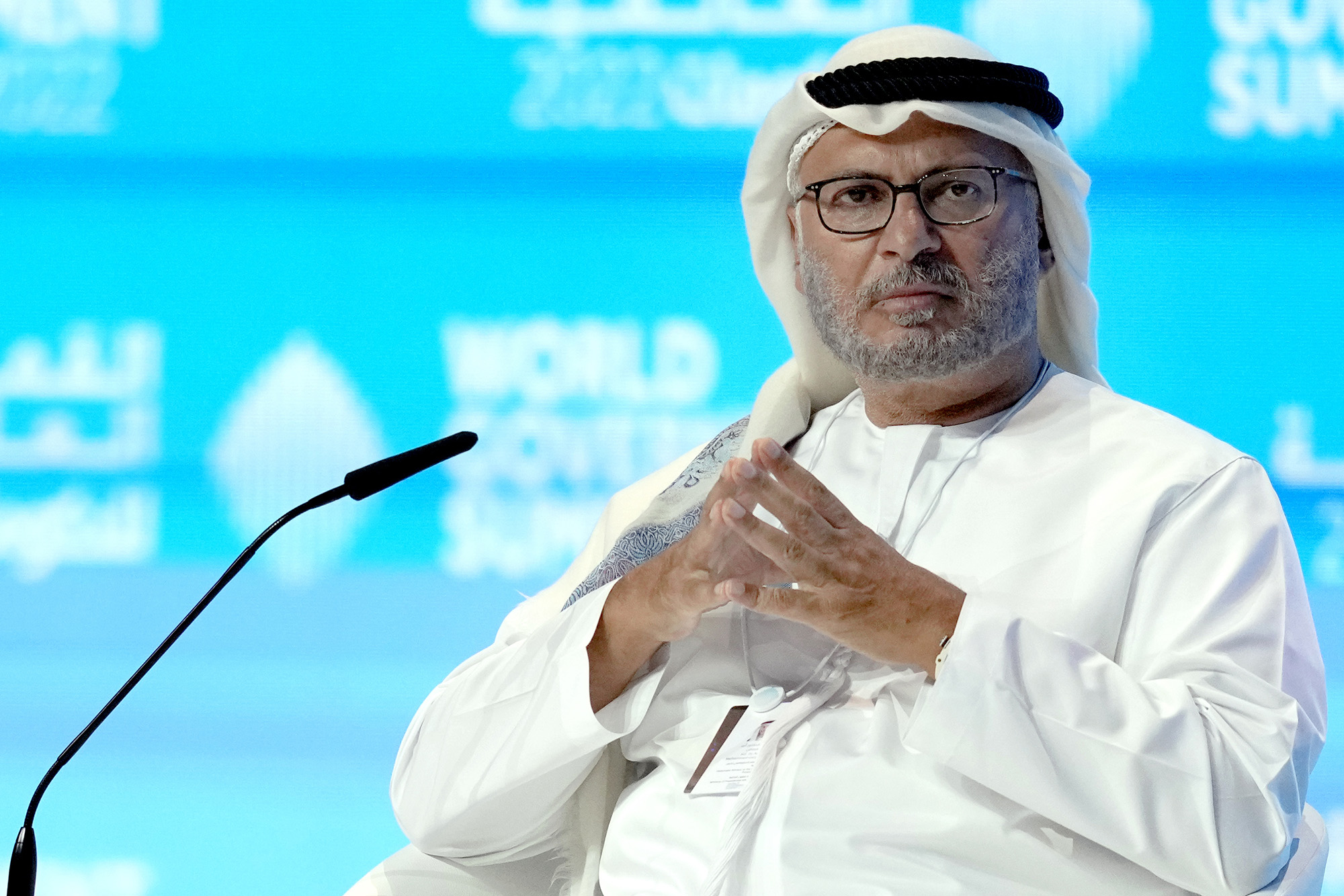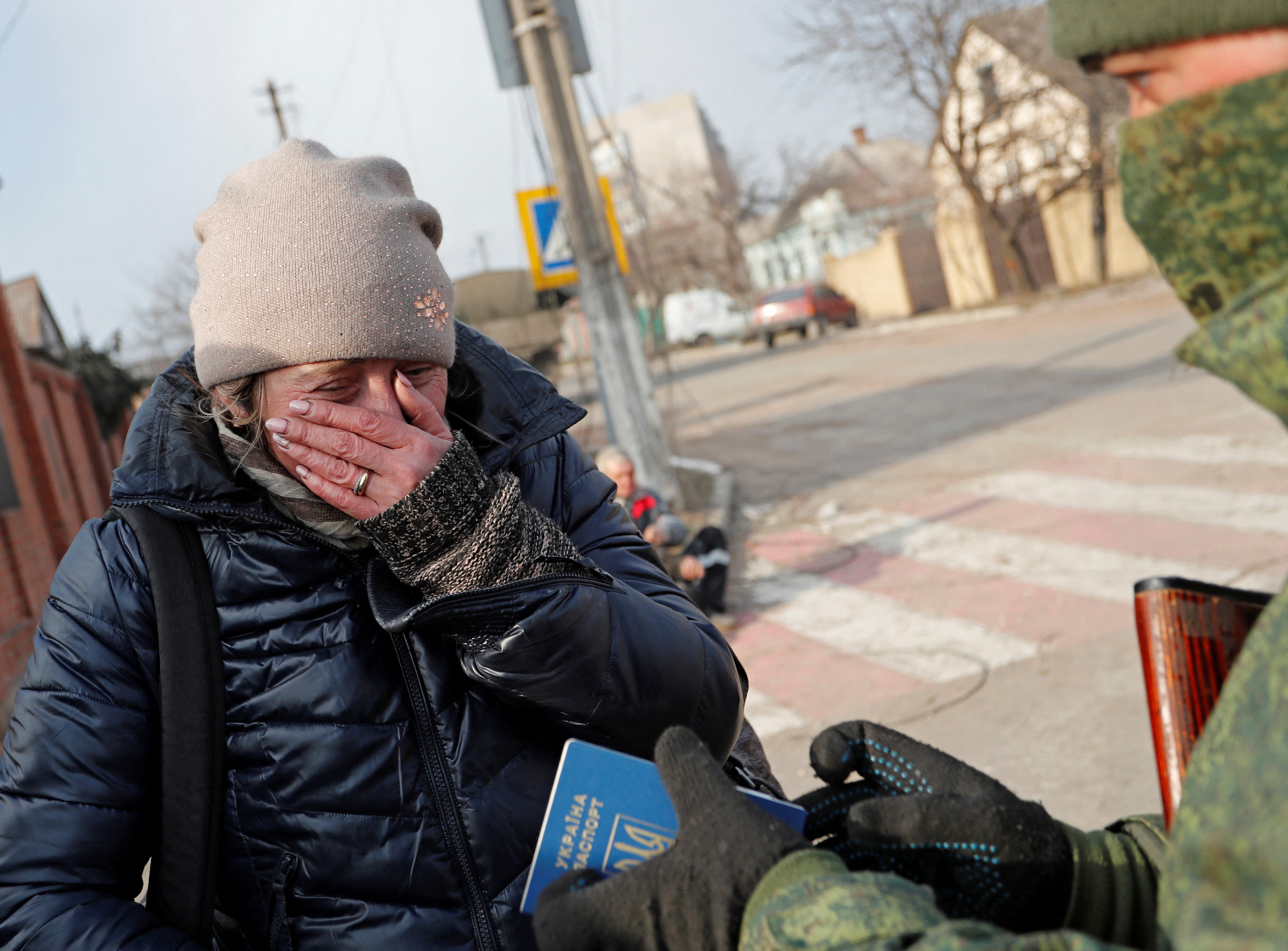
Ukraine's President Volodymyr Zelensky has called for even tighter sanctions against Russia and warned that almost all of the besieged city of Mariupol has been destroyed in an address to the Danish Parliament on Tuesday.
"We ask you and the whole democratic community in the world: We need to step up sanctions against Russia. We must give up Russian oil. No trade with the Russian Federation. Close ports to Russian ships. And this must be a policy of solidarity in the European Union among all member states," he said.
More than 100,000 people are still trapped in Mariupol and are forced to "have to melt snow to drink water," he added.
Russia, he warned, wants to "ensure nothing remains of Ukraine but ruins and refugees."
Zelensky accused Russian forces of forcibly deporting people, as well as committing rape and looting.
He claimed the whereabouts of more than 2,000 Ukrainian children is unknown and said they have been abducted and taken into Russia.
On Saturday, Ukraine’s Deputy Prime Minister Iryna Vereshchuk said the Ukrainian government estimated the number of Ukrainians forcibly deported to Russia since the invasion was nearly 40,000.
Some background: The port city of Mariupol has reported thousands of deaths as a result of Russia's constant bombardment. Before the invasion on February 24, the city was home to more than 400,000 people. Around 160,000 people remain, living without water, electricity and heat, said the mayor Vadym Boichenko.






